I do love a good faculty workshop. Reading and spiritedly discussing the work of other academics always fills me with energy and inspiration for my own projects. Plus, it’s great to be able to spend time with new and old friends and find out what’s been baking in their brains.
Here at BC Law, I’m fortunate to be involved in two exciting workshop series: the BC Tax Policy Workshop and the BC Regulation and Markets Workshop. Both kicked off this week: On Tuesday, we hosted Professor Jens Dammann from the University of Texas at Austin and heard about his paper, “Deference to Delaware Corporate Law Precedents and Shareholder Wealth: An Empirical Analysis.” Today, we welcomed Professor Ajay Mehrotra (Northwestern Law; Executive Director, American Bar Foundation) and had a lively discussion of his book project, “The VAT Laggard: A Comparative History of U.S. Resistance to the VAT.” Tomorrow, BC Law will have its first Faculty Colloquium of the semester. Professor Guy-Uriel Charles (Duke Law; visiting at Harvard Law) will present “The American Promise: Rethinking Voting Rights Law and Policy for a Divided America.”
You can never have too many workshops!
Below are the dates and speakers for the remainder of the semester. If you’re a Boston-area law professor and are interested in attending or would like to be on our workshop email list, just let me know.
Tax Policy Workshop (Fall 2018):
Thursday September 13, 2018
Ajay Mehotra (Northwestern, and American Bar Foundation):
The VAT Laggard: A Comparative History of US Resistance to the VAT
(co-sponsored with BC Legal History Workshop)
Tuesday November 6, 2018
Andrew Hayashi (UVA): title TBD
Tuesday Nov. 13, 2018
Cliff Fleming (BYU): title TBD
Tuesday November 27, 2018
Emily Satterthwaite (University of Toronto): title TBD
(co-sponsored with BC Regulation and Markets Workshop)
Continue reading “A Series of Series? Tax, Regulation, and Faculty Workshops at Boston College Law School” →
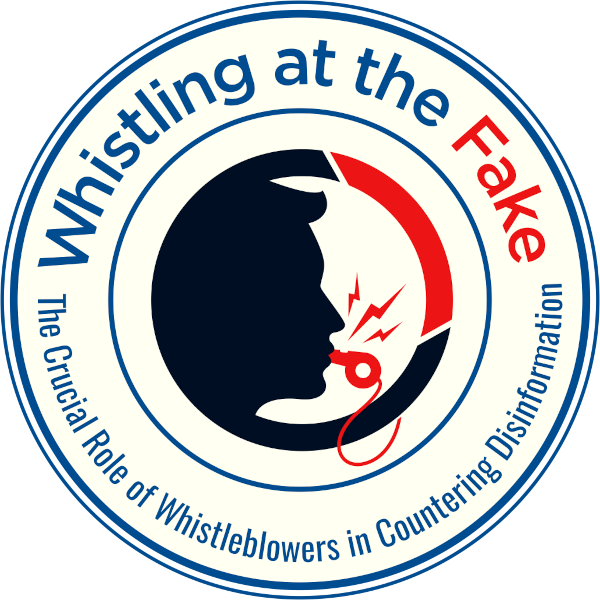

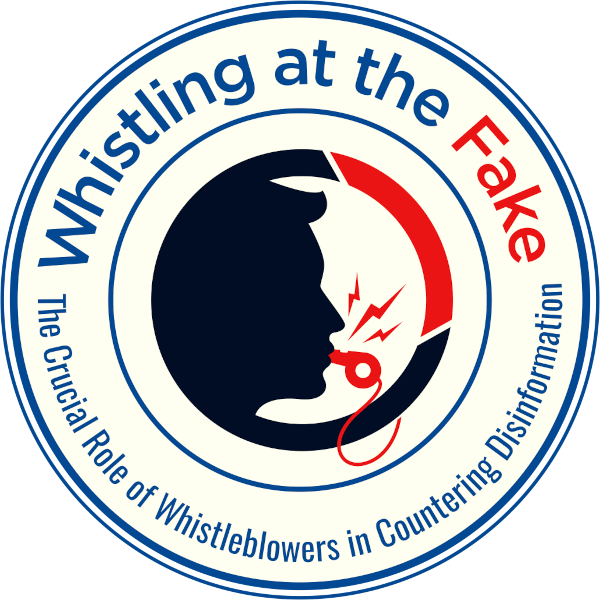
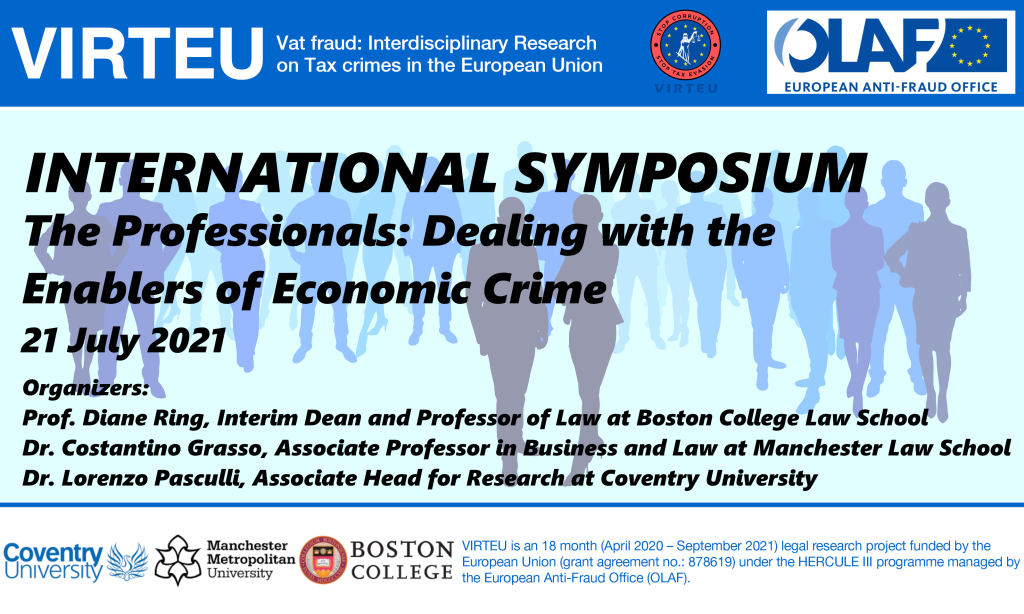
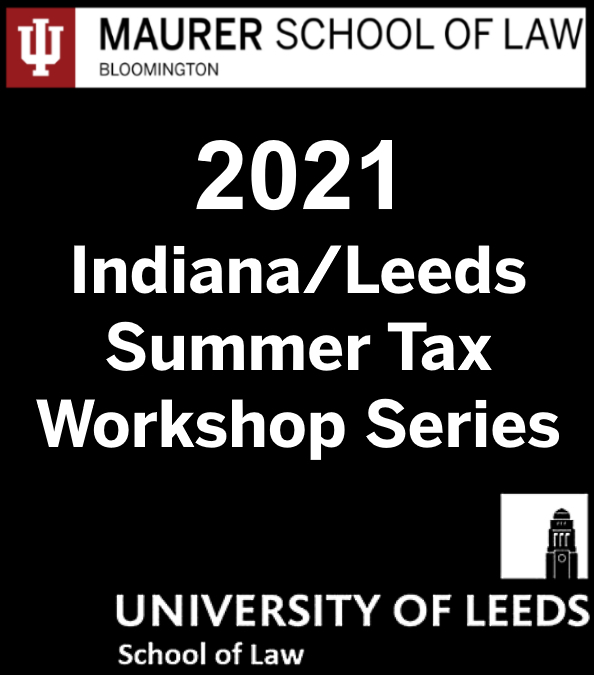
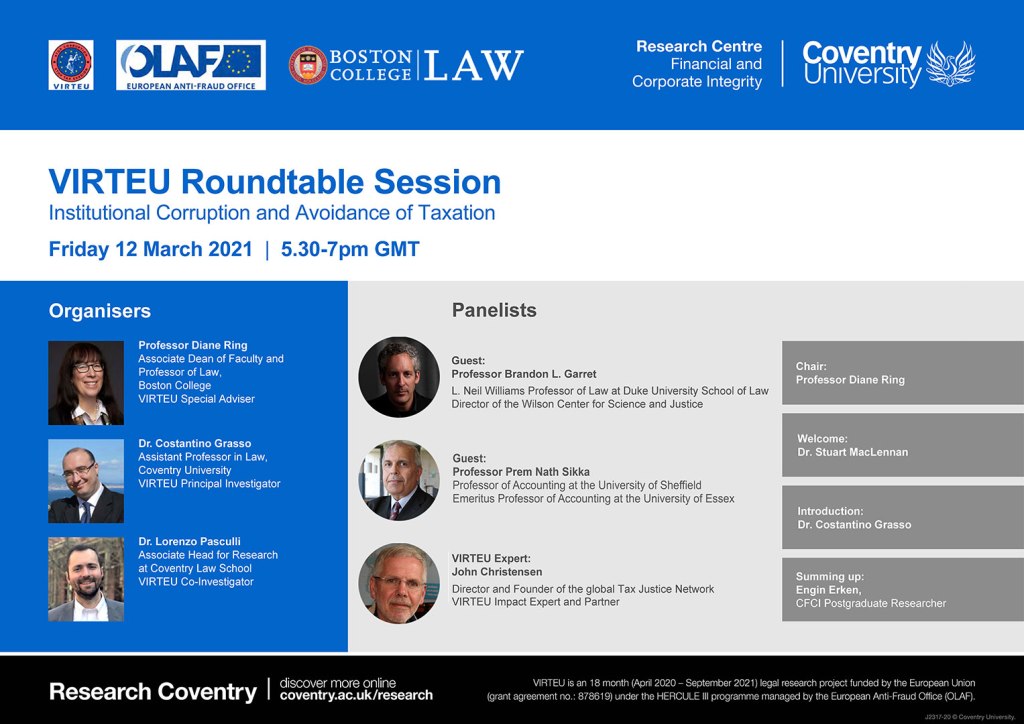


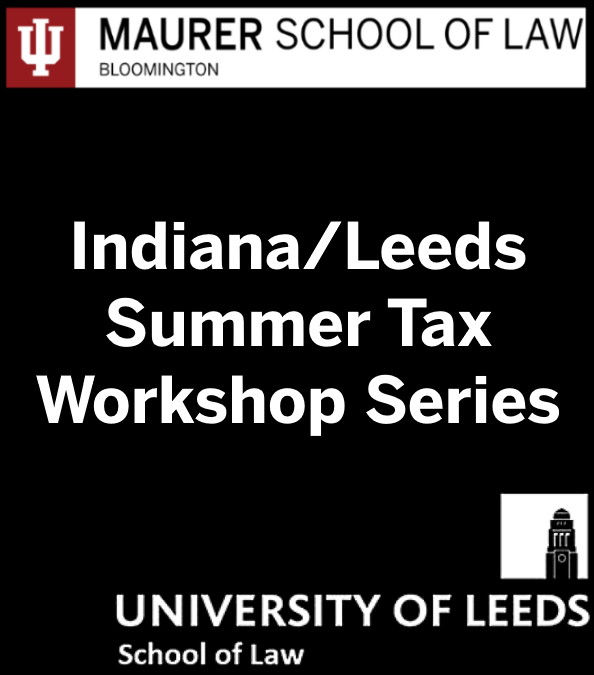 By:
By:  By:
By: 

